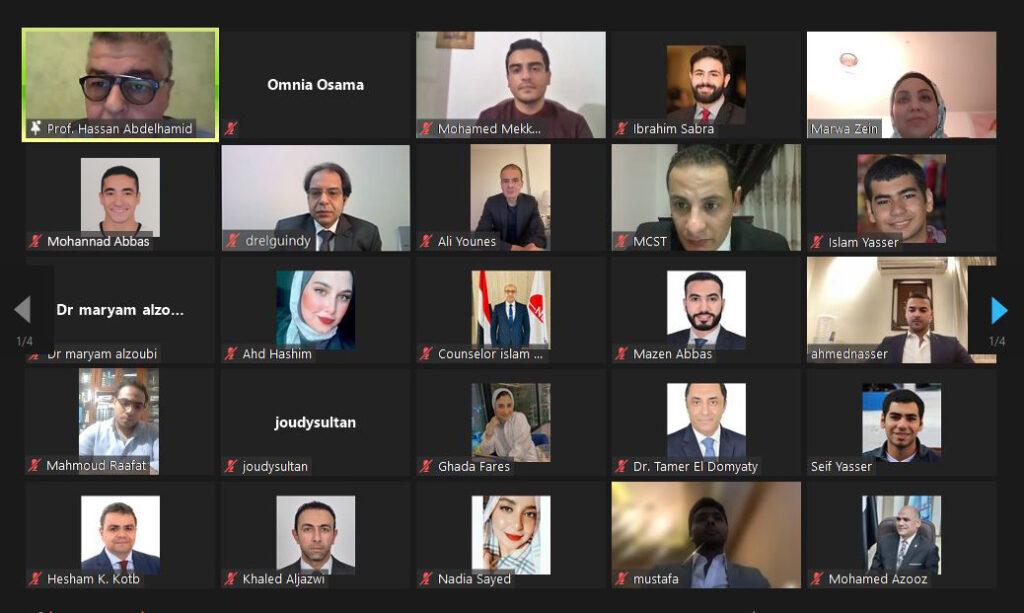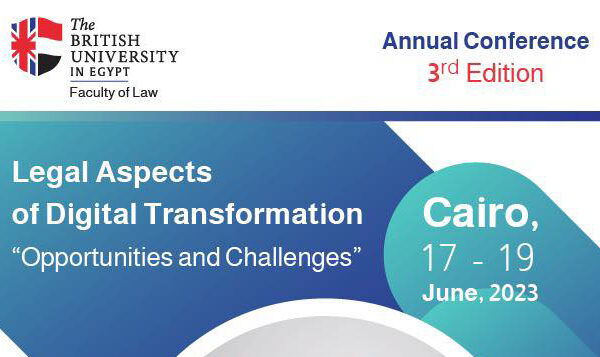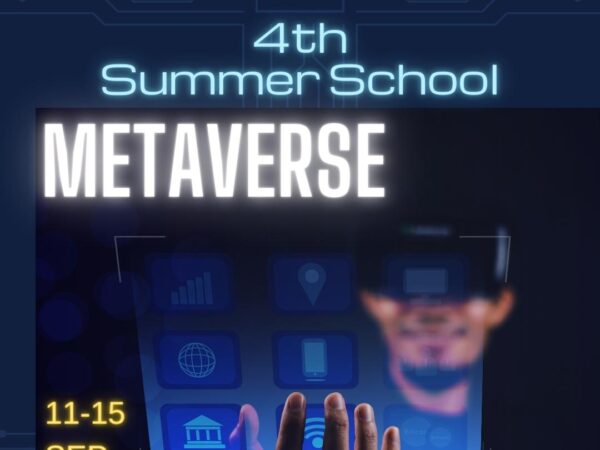Following the success of the first and second summer school, The Centre for Law and Emerging Technologies at the Faculty of Law in the British University in Egypt is offering its third summer school on “Digital and Forensic Evidence”, achieving its vision to explore the law from an interdisciplinary perspective. The Centre for Law and Emerging Technologies offers an opportunity for graduates and students to participate in its third summer school, specifically designed for bright, motivated participants looking to further their law studies and enhance their legal knowledge. The sessions will be delivered online with our first-class teaching experts in the field of law and technology. Summer school 2021 is designed to offer a new perception of knowledge in the area of Legal and Technical Aspects of Digital Evidence.
As we live today in a world where technology influences almost everything. While this technological breakthrough has numerous pros, it has also led to many cons, including the proliferation of cybercrimes. This has made it pivotal to rethink the traditional, yet evolving concept of “evidence” in order to encompass a plethora of what is called “digital evidence”.
According to the US National Institute of Justice, digital evidence could be defined as “information and data of value to an investigation that is stored on, received or transmitted by an electronic device” that may be presented before courts. This means that digital evidence can be retrieved from a variety of sources such as cell phones, computers, hard drives, and recently internet of things applications, autonomous vehicles, drones and the cloud, etc.
Correspondingly, law enforcement agencies had to keep up with such a digital evidentiary world to efficiently and effectively utilise digital evidence in combating not only cybercrimes but also all other types of crimes. Most importantly, national legislators and courts had to intervene to adjust the concerned legal framework, setting the adequate requirements that must be met with respect to the handling and admissibility of digital evidence especially that, in this information age the outcome of trials may substantially rely on Digital Evidence.
In the upcoming summer school offered by the faculty of law at the British University in Egypt, participants will be introduced to the history of digital evidence, its types, sources and characteristics. The programme will also elucidate the growing tech challenges, such as Deep-fakes, which may undermine the credibility and authenticity of digital evidence. Additionally, the ethical, legal and technical requirements of handling digital evidence as well as the way courts have approached such an unconventional type of evidence, will be fully explained in light of the national and international regulatory frameworks.



